Pack Weight: 50g .
Price : 25 $ USD
Components :
Foeniculum vulgare (fruits)
Malva sylvestris (flower)
Thymus serpyllum (leaf)
Salvia officinalis (leaf)
Cnicus benedictus (leaf)
TEA 67 :
Infusion made from natural medicinal plants without side effects
Indications :
- Gastric infections
- Gastrointestinal inflammation
Enhancing Effect:
The effect of Tea 67 is more beneficial if, in addition, it is taken in the case of:
- Diarrhea, infusion 10
- Indigestion or digestive disorders, infusion 4
- Colon disorders, infusion 16
- Belching, functional dyspepsia, infusion 38
- Constipation, infusion 9
- Bloating, intestinal gas, infusion 7
Stomach:
The stomach is the site where solid food is broken down into chyme and temporarily stores food. The contraction of the muscles mixes and kneads the food into fragments.
Chemical digestion: The glands of the mucosa secrete gastric juices (2 to 3 liters per day), hydrochloric acid, and enzymes produced by gastric cells. These are mixed with the food, and the chyme is propelled into the intestine, emptying the stomach 4 to 6 hours after a meal.
Stomach Pathology:
- Aerophagia, gastroesophageal reflux, heartburn, gastroenteritis, gastric ulcers, gastritis, hiatal hernia, stomach cancer…
Gastric Ulcer is an inflammation of the stomach lining often linked to the proliferation of the Helicobacter pylori bacterium, which invades the protective mucus layer of the stomach against acidity. When the layer disappears, this leads to lesions in the stomach wall.
Gastritis:
Inflammation of the stomach mucosa, which manifests as heartburn or difficulty in digestion. It can be caused by alcohol, non-steroidal anti-inflammatory drugs, bacterial infection (HP), or significant stress or anxiety.
Helicobacter pylori Infection: HP is a Gram-negative pathogenic agent responsible for gastritis, gastric and duodenal ulcers, gastric adenocarcinomas, and low-grade gastric lymphomas. Its primary location is in the antrum, where gastrin and somatostatin are secreted.
The patient is predisposed to duodenal and pre-pyloric ulcers. Infection primarily affecting the body leads to gastric atrophy and decreased acid production, with a predisposition to gastric ulcer and gastric adenocarcinoma.
HP produces ammonia and can survive in the acidic environment of the stomach. It produces cytotoxins and mucolytic enzymes (protease, lipase), which play a role in ulcer formation.
Individuals infected with HP are 3 to 6 times more likely to develop stomach cancer.
Symptoms:
- Sensation of necrosis, severe gastric discomfort, or pain (indigestion) that may improve with food
- Nausea
- Vomiting
- Feeling of fullness in the upper abdomen.
Stomach inflammation does not always cause symptoms, but any weakness or injury to the stomach lining allows gastric juice to destroy the internal wall.
Causes:
There is an increased risk due to:
- Bacterial infection
- Regular use of analgesics
- Aging: the mucosa becomes thinner with age
- Excessive alcohol consumption: the stomach becomes more sensitive to gastric juices
- Psychological stress
- Serious injuries, burns
- Surgical intervention
Autoimmune Gastritis: Atrophic metaplastic autoimmune gastritis, where the body attacks the mucosal cells in affected individuals (such as in Hashimoto’s disease, type 1 diabetes). Acids are directed against parietal cells and their components, including the intrinsic factor and the H+,K+ ATPase proton pump.
Hypochlorhydria leads to hyperplasia of G cells and elevated gastrinemia, which can induce a carcinoid tumor.
Diseases: HIV, Crohn’s disease, or parasitic infections.
Recommendations:
- Eliminate aggressive factors: tobacco, alcohol, anti-inflammatory drugs
- Protect the mucosa:
- Divide meals into smaller portions
- Follow a diet rich in fiber and antioxidants
- Never combine fats with carbohydrates
- Reduce consumption of refined products
- Limit irritants for the stomach lining
- Ensure an intake of anti-inflammatory foods
- Avoid irritating and inflammatory foods for the gastric wall
- Promote well-being
Chemical Treatment:
- Gastric protectants, H2 antihistamines, proton pump inhibitors (PPIs), or antibiotic treatment in case of HP infection
- Absorbable or non-absorbable antacids that neutralize gastric acidity, but these should only be taken short-term
- Prostaglandins that reduce cyclic AMP production, improving mucosal defenses
- The mucus-producing cells create a film that forms a physical barrier over the inflamed area, protecting it from acidity, pepsin, and bile salts.

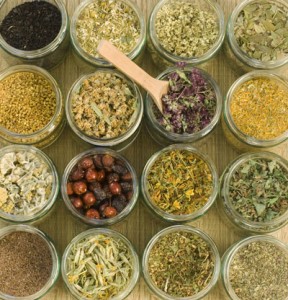
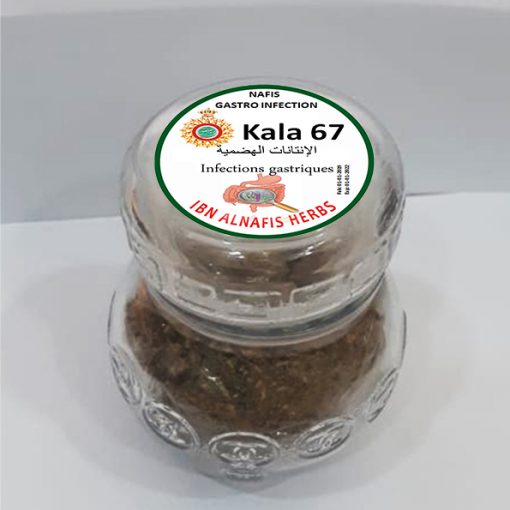
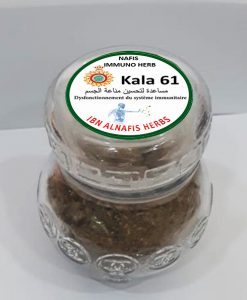
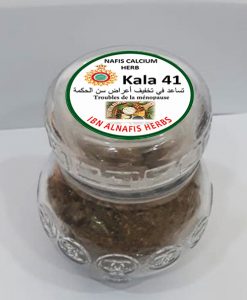
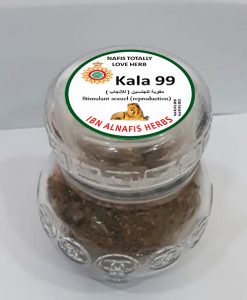
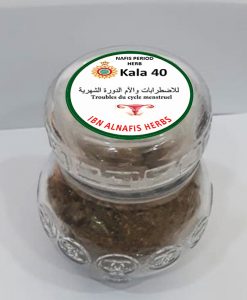
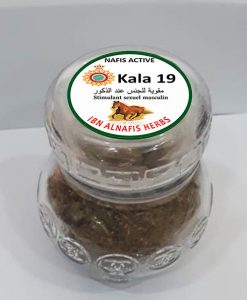
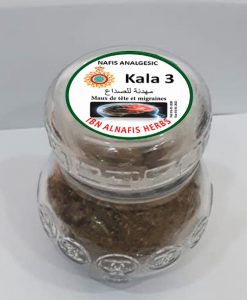
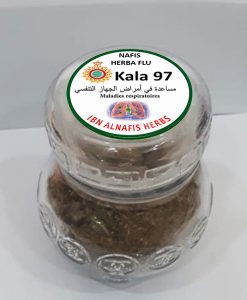
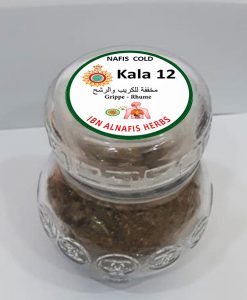
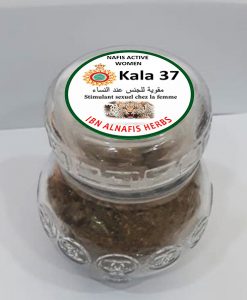
Reviews
There are no reviews yet.